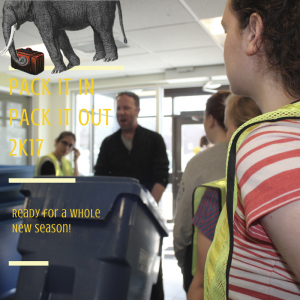 Tufts’ move out team had a strong season in 2016, demonstrating great team work and drive. The program came to us with the new name Pack-A-Dorm, a play on the Tufts Jumbo mascot, the name is easier to remember and reminds residents to pack, not chuck! This program aims to divert as much waste as possible from the landfill as recycling or donations. Social media and video content helped to promote the team’s efforts in informing the community about move out.
Tufts’ move out team had a strong season in 2016, demonstrating great team work and drive. The program came to us with the new name Pack-A-Dorm, a play on the Tufts Jumbo mascot, the name is easier to remember and reminds residents to pack, not chuck! This program aims to divert as much waste as possible from the landfill as recycling or donations. Social media and video content helped to promote the team’s efforts in informing the community about move out.
Let’s begin by looking at the highlights. Last Spring, around 3700 students moved out of over 30 on campus residences in two weeks. With the help of 4 staff members and 36 student workers for close to 600 hours to collect 18,000 pounds of donations for Goodwill, 13,874pounds of clothing donations for Community Recycling, and 719 pounds of food donations for Project Soup, a local food pantry. Move out 2016 successfully diverted about 23.42% of all waste from the landfill.
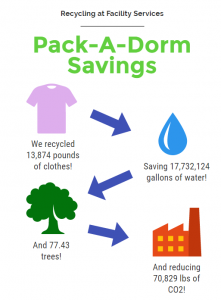
The strategy was straight-forward—set up collection stations in each dorm for students to deposit unwanted materials for donation, collect and sort these materials, and donate to charities. Students dropping off materials at the collection station were surprised with gift cards and the chance to enter a raffle to win a gift basket from the bookstore.

Some of the prizes gifted as positive reinforcement for individuals diverting waste from the landfill during move out.
Some of the challenges Pack-A-Dorm faced are being addressed with changes to the lineup this season. It became evident that many students aren’t aware of how much stuff they have and what to do with it. As one student worker, Ashlyn Salvage A17, noted, “moving in, you never think of moving out. Students don’t think through the things they buy.” Another worker, Megan Mooney A18, remarked that she will now “think more about the things I buy and use, and what I really need.” Student residents tended to toss or donate big-ticket items that could easily be stored and reused the next year. This included things like rugs, mirrors, printers, and microwaves, all very useful products that in the words of Ben Kesslen A18, “people just threw away.” As may be evident, all this waste is avoidable and unsustainable, but not just environmentally. There is another side to consider before leaving behind a mess of waste for other people to clean up, and that is responsibility and accountability. As Ashlyn explains, last year, “I just thought someone would pick up my stuff but now I see how much work goes into move out.”
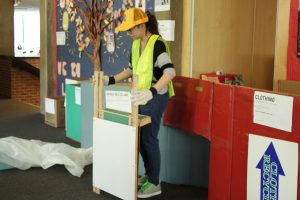
Student move out workers taking away donated goods from residence halls.
This year marks new changes and improvements for the program, starting with a new slogan to emphasize the importance of cleaning up after yourself and reducing your waste—Pack It In, Pack It Out. Anything you bring into the residence hall, you should bring back out—either for storage, donation, recycling, compost, or trash. This mantra reminds students of their responsibility to leave no mess and to waste less. Not to worry, the student workers will still be around to help direct students moving out to different waste stations across campus, granting surprise prizes to those who work to divert waste, and providing moving carts to make it easy to get your stuff to one of the move out stations. Co-locating collection for shipping, storing, recycling, and donating makes it as convenient as throwing something away, because you just need to bring all your stuff to one location.
With less than two months to move-out, start thinking about what you have in your dorm rooms, what you will need for next year, and what you can donate. Keep an eye out for the yellow move out hats.

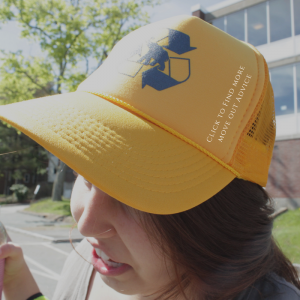
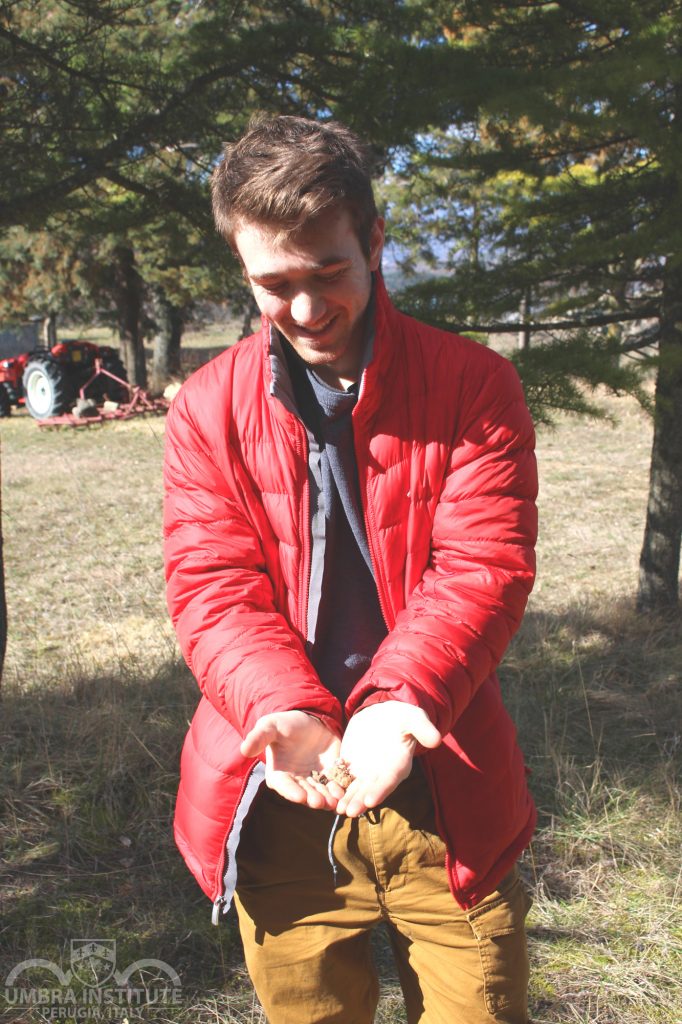
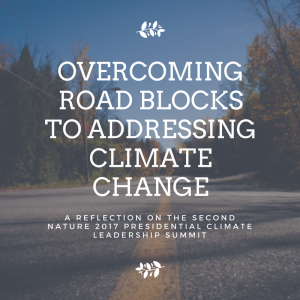

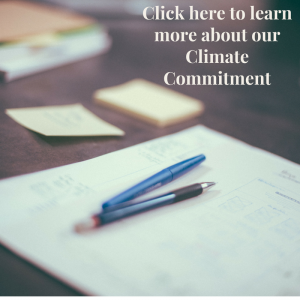
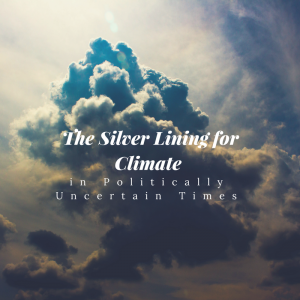
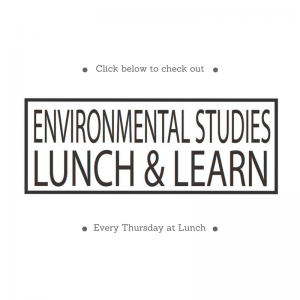
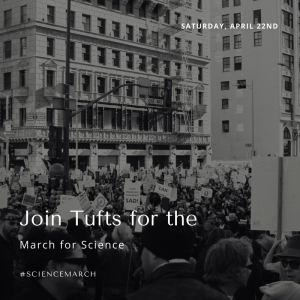
Find Us On Social Media!